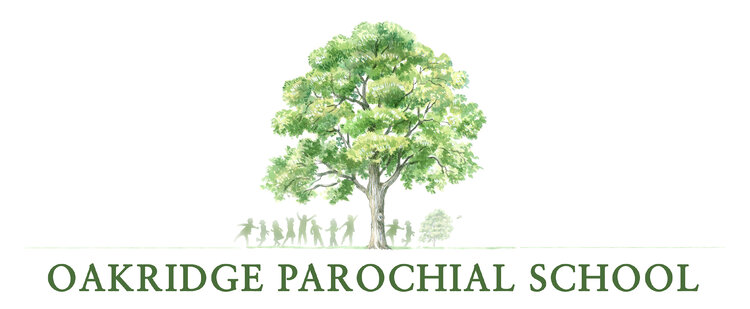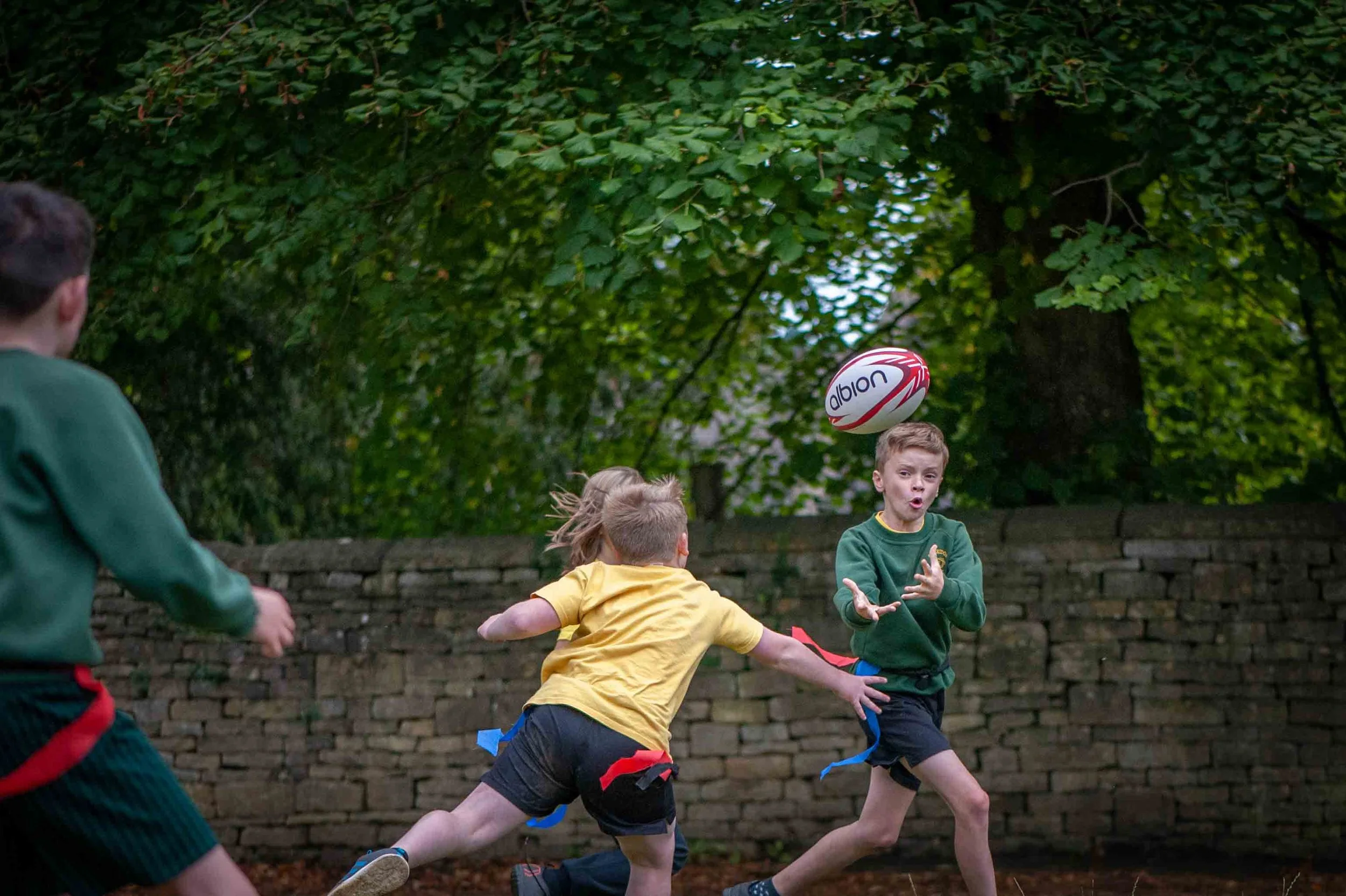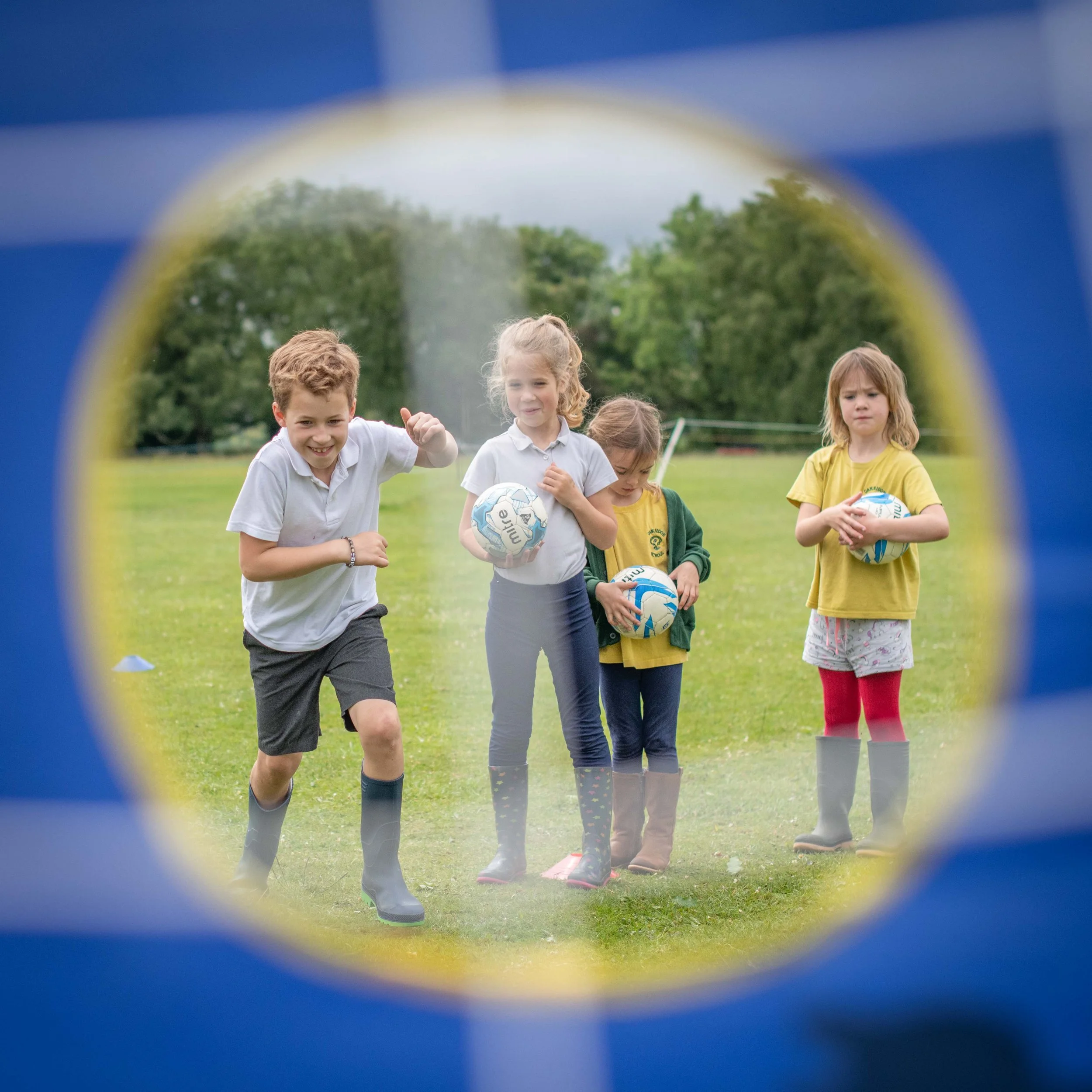PHSE
PHSE
“Mrs Hayes is such a caring and gentle soul. She really allows the children to flourish in their own time and supports them every step.”
-
PSHE (Personal, Social, Health and Economic) education is a crucial part of a child’s education. It gives children access to critical information about themselves and the diverse world around them. At Bisley Blue Coat and Oakridge Schools we provide a specifically tailored curriculum that is both broad and balanced, and builds on the school values. We give pupils access to big ideas and conversations, alongside practical experiences. At the heart of this, we encourage respect and understanding, promote British Values, and support children to explore these through strong pastoral care.
At Oakridge School, we aim to promote children’s knowledge, self-esteem, emotional wellbeing and resilience, within a nurturing environment, helping them to form and maintain worthwhile and positive relationships. Children will be taught to have respect for themselves, and for others, within our local, national and global communities.
We aim to develop key character skills, including decision making, informed risk taking, good communication, and self-regulation strategies. We encourage the exploration of, and respect for, values held by different cultures and groups within our local community, and promote the development of positive attitudes. We encourage honesty and respect in all relationships, and nurture sensitivity to the needs and feelings of others.
We aim to enable all children, from EYFS onwards, to develop a deepening knowledge of their health and wellbeing, including their mental and physical health. We aim to equip children with information, skills and values to understand and to be able to cope with the physical and emotional changes that happen as they get older.
At Oakridge School we aim to prepare pupils adequately for adult life: its decisions, responsibilities, experiences and opportunities, and to allow pupils to develop fully as emotional mature human beings.
-
Some PSHE topics are taught within other subjects, especially Computing, Maths and Science, for example the teaching of e-safety within Computing lessons. The curriculum is based on the frameworks of the National Curriculum and GHLL (Gloucestershire Healthy Living and Learning) with more detailed long and medium-term planning developed by the teaching staff. Our curriculum has also been developed to meet the specific needs of our learners and support the many aspects of their personal development.
The PSHE curriculum is split into the three key themes of Health and Wellbeing, Relationships and Living in the Wider World. These three themes have equal weighting and importance within teaching, and topics are taught on a rolling programme. Topics are revisited across year groups, and understanding is deepened. This allows for progression and retention of key skills and knowledge, and also the introduction of some concepts at an age-appropriate point.
PSHE education will be provided to all children within our school. Children with SEND will be supported to access health, relationships and sex education through high-quality, teacher-led quality first teaching, following the guidance of the SEND code of practice. Teaching will be differentiated and personalised to suit their individual context.
PSHE education will be taught on a discrete basis and some content will be taught through other subject areas, and within other contexts, such as assemblies, circle times etc. A taught session may look very different in one class to the next - class teachers have discretion to plan and deliver teaching that suits the individual needs of their class, whilst ensuring that all curriculum content is covered effectively. There is no expectation that children complete formal written recording of teaching, although some form of recording is encouraged.
Although PSHE outcomes can be considered very subjective, they can be compared within year-groups, and also across different year groups/classes. Long-term monitoring is also being carried out: sample groups of pupils in each year group will be chosen and their thoughts and ideas recorded. This gives the subject leadership team an insight into pupils’ journeys through school, observing progression and development of skills and understanding. Leaders will also hold regular conversations with staff, providing an open forum for sharing ideas, questions or concerns. These conversations are used to inform the subject leaders if statutory curriculum content has been covered, how pupils feel about their own learning, and what areas need to be developed or prioritised in future.
Oakridge School works closely with parents and carers, and we believe strongly in the central role of good, positive home-school communication. PSHE education should not be left to chance and is a responsibility shared with parents / carers and families. Parents will be informed/supported through email/website communication from teaching staff, outlining the content of the curriculum. Parents have the right to withdraw their child from sex education, but not from health or relationships education. In the situation where children are withdrawn from sex education, the school will find alternative internal provision for that child. Parents wishing to withdraw their child from all or part of sex education should contact the headteacher at the first instance.
-
The impact of a good PSHE education cannot be understated. Quite simply, it forms the preparation for adult life, enabling a child to understand and face the challenges, complexities and questions that arise in a diverse world.
Impact can be measured in a variety of ways. At Oakridge School, we recognise and celebrate the importance of the child’s voice, and their individual experience of PSHE education. Pupil voice, and lessons captured via floor books, will form the heart of how we measure the impact of our teaching.
The skills to be developed at Oakridge School will include, but are not limited to:
An understanding of their universal rights, and how these rights can and should be protected. An understanding of our diverse and complex world, and an empathy and respect for the rights of all individuals.
Positive and constructive communication, with highly developed oracy skills.
Resilience and self-regulation, and a keen understanding of their own health and wellbeing, especially supporting their mental and emotional development.
These skills are transferable to all other areas of the curriculum, and will help children to understand these areas in new ways.
Additionally, these ‘soft skills’ form the basis of a child’s wider development and experience. The ability to recognise and develop good relationships, the reinforcement of positive mental and physical health, understanding how their body will change and grow, the development of respect and tolerance for all, an understanding of society and the role of the individual in a community – these are the skills that will equip our children for life.






